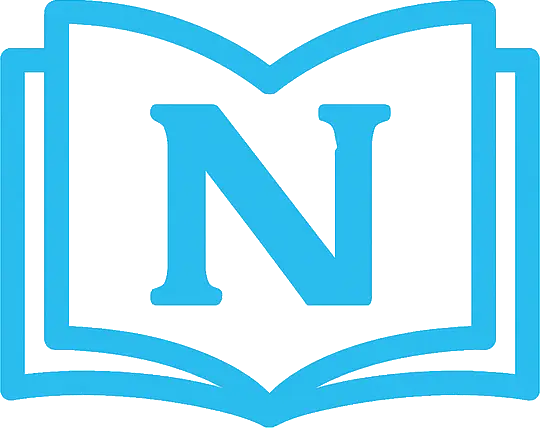Link Svenson came over and explained to Malin the origins of these new visitors under the streetlights — hanging on the right side of the city gate entrance are people from various walks of life, who originally wanted to seize the end of the war and, while no one cared, join the spontaneously organized action of taking things for free. In fact, when Malin and his soldiers left, many people thought this way — you see, these so-called Revolutionary Army rebels heading south to fight with the Allied forces, it was uncertain who would win. Hence, quite a few people with bad intentions triggered the movement of taking things for free, which seemed to gain momentum. Then Link dispatched the two trump cards left to him by Malin — the gendarmerie and the teaching corps from the Northern Army. Malin had left these aces with Link. With an average education level of high school graduation, they had heard from Malin stories of nation, state, and doctrine, knew what they were fighting for, and were proficient in using semi-automatic firearms, handguns, and engineer shovels. They could exercise zero tolerance toward the free-taking movement, deliver heavy blows to any daring resisters, and not lay a finger on younglings. Thus the free-taking movement ended before it even began. Those who broke in were hung on streetlights by ruthless humanoid monsters, while those who dared participate but surrendered under the barrel were thrown into labor camps — plenty of work awaited these folks before winter and after spring. As for the children left starving due to loss of their parents, these two corps established Copenhagen’s largest orphanage, collecting thousands of orphans who were well taken care of. Malin expressed support for the corps leaders’ intention to take these children back to the South. As for new acquaintances on the other side of the streetlight, most were merchants looking to hoard goods right after the war ended. For these bold men who figuratively tied their heads to their waistbands, the gendarmerie and the teaching corps first sent political workers to negotiate. During this, a superhuman dog from a big merchant’s home bit a person, leading to the gendarmerie’s transcendent execution forces wiping out two families root and branch. Losing patience, the corps leaders decided to gather all hoarding merchants together, letting them vote on each other’s fate. It sounds very cruel, but in reality, anyone not listed for execution has been spared. Then, under the lie detection of the Church of Justice, those hanging from the streetlights were all thoroughly evil and deserved to die. As for the imagined underworld kingpins by Malin... they were too sensible. Does the military government lack enough manpower to repair buildings? Warm-hearted street uncles bring neighborhood folk to help, even if these neighbors seem not very skilled. Does the military government lack enough manpower to bury bodies? Warm-hearted civilian brothers bring hardworking, fearless friends to help, even if these friends seem somewhat malnourished. Does the military government lack enough money to distribute subsidies to starving and waiting citizens? Warm-hearted merchants their stored grains, even if some of the grain bags are not theirs. Link accepted them while holding his nose. This made Malin very happy — you see, young people have already understood that as long as these guys can be controlled, they can be used by the Northern Doctrine. But if they misbehave, they will have to face the iron fist of Northern justice. You see, this is the sad fact about the Northern Doctrine — with only four of the eleven council members remaining, these four survivors aren’t proficient in governance, nor do they have unlimited resources. And the country is now eager to begin anew; Svensen’s two half-baked economic masters are experiencing a hairline recession. Carter and Stein are skilled at war but not rebuilding the nation. In this situation, Malin had no choice but to use his half-baked economics to educate the Northern Doctrine’s vast middle class — these were new recruits selected from the grassroots, vetted personally by Malin. After force-feeding a heap of economic theories over a week, watching these young ones study diligently, Malin suddenly felt a twinge of guilt — as a mere soldier in my past life, how did I come to understand these trifles? Please do not regard my so-called knowledge as Truth; also don’t crown me as the founding father of economists. You know, of every ten wearing that crown, nine should be shot, and one should be mowed down with a machine gun. Because economists are generally good friends of capital, ultimately, it was capital that made economists famous, not economists who saved the world. Besides, Malin also took time to see his father-in-law. His Majesty, King of Sydney, came in person, using Goethe’s words, he came with the alertness of the country’s Nobles. From Link’s viewpoint, His Majesty seemed to want to fight to the death with Malin. Of course, Malin believed Goethe wouldn’t do that — he couldn’t beat Malin now, and if domestic violence truly was inevitable, deciding who would hit whom was indeed a small yet deadly question. Of course, Malin would not initiate; Goethe seemed unlikely to do so either. So the two sat down for a detailed heart-to-heart. Malin recounted the previous events to Goethe, and upon hearing about Manheim’s story of revenge, the old man sighed and then asked Malin for the ownership of that young Prince.
